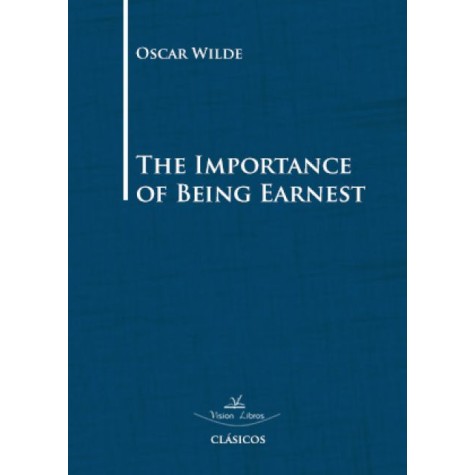Jack Worthing, the play?s protagonist, is a pillar of the community in Hertfordshire, where he is guardian to Cecily Cardew, the pretty, eighteen-year-old granddaughter of the late Thomas Cardew, who found and adopted Jack when he was a baby. In Hertfordshire, Jack has responsibilities: he is a major landowner and justice of the peace, with tenants, farmers, and a number of servants and other employees all dependent on him. For years, he has also pretended to have an irresponsible black-sheep brother named Ernest who leads a scandalous life in pursuit of pleasure and is always getting into trouble of a sort that requires Jack to rush grimly off to his assistance. In fact, Ernest is merely Jack?s alibi, a phantom that allows him to disappear for days at a time and do as he likes. No one but Jack knows that he himself is Ernest. Ernest is the name Jack goes by in London, which is where he really goes on these occasions?probably to pursue the very sort of behavior he pretends to disapprove of in his imaginary brother.
Jack is in love with Gwendolen Fairfax, the cousin of his best friend, Algernon Moncrieff. When the play opens, Algernon, who knows Jack as Ernest, has begun to suspect something, having found an inscription inside Jack?s cigarette case addressed to "Uncle Jack" from someone who refers to herself as "little Cecily." Algernon suspects that Jack may be leading a double life, a practice he seems to regard as commonplace and indispensable to modern life. He calls a person who leads a double life a "Bunburyist," after a nonexistent friend he pretends to have, a chronic invalid named Bunbury, to whose deathbed he is forever being summoned whenever he wants to get out of some tiresome social obligation.
At the beginning of Act I, Jack drops in unexpectedly on Algernon and announces that he intends to propose to Gwendolen. Algernon confronts him with the cigarette case and forces him to come clean, demanding to know who "Jack" and "Cecily" are. Jack confesses that his name isn?t really Ernest and that Cecily is his ward, a responsibility imposed on him by his adoptive father?s will. Jack also tells Algernon about his fictional brother. Jack says he?s been thinking of killing off this fake brother, since Cecily has been showing too active an interest in him. Without meaning to, Jack describes Cecily in terms that catch Algernon?s attention and make him even more interested in her than he is already.
Gwendolen and her mother, Lady Bracknell, arrive, which gives Jack an opportunity to propose to Gwendolen. Jack is delighted to discover that Gwendolen returns his affections, but he is alarmed to learn that Gwendolen is fixated on the name Ernest, which she says "inspires absolute confidence." Gwendolen makes clear that she would not consider marrying a man who was not named Ernest.
Lady Bracknell interviews Jack to determine his eligibility as a possible son-in-law, and during this interview she asks about his family background. When Jack explains that he has no idea who his parents were and that he was found, by the man who adopted him, in a handbag in the cloakroom at Victoria Station, Lady Bracknell is scandalized. She forbids the match between Jack and Gwendolen and sweeps out of the house.
